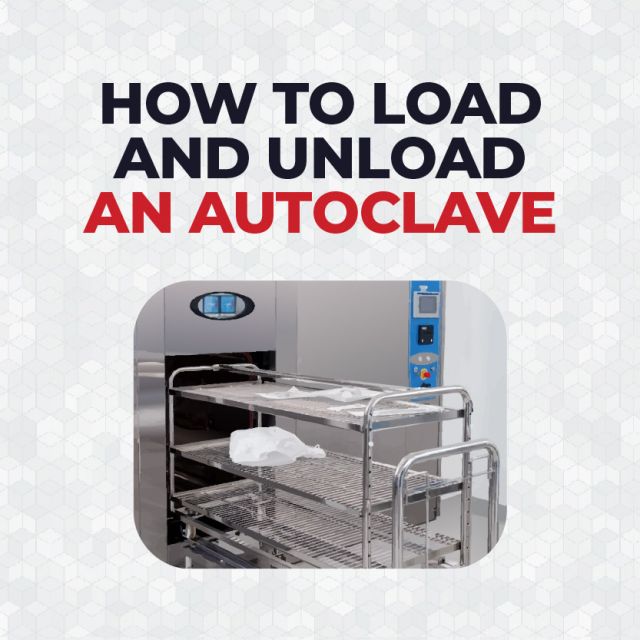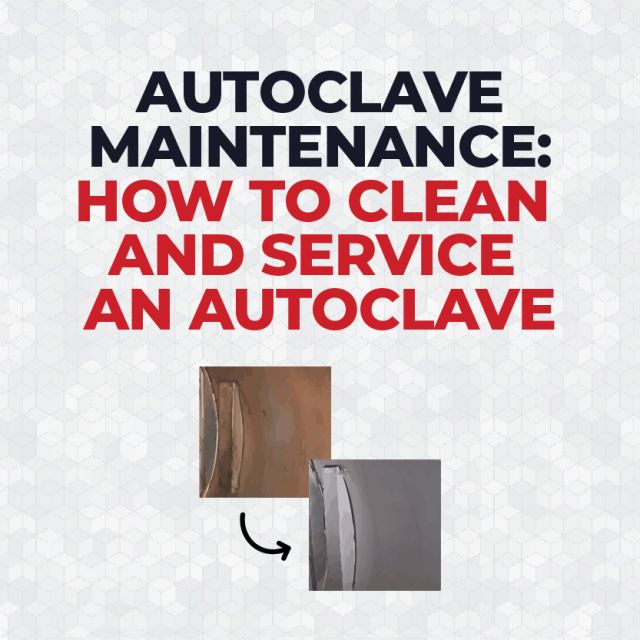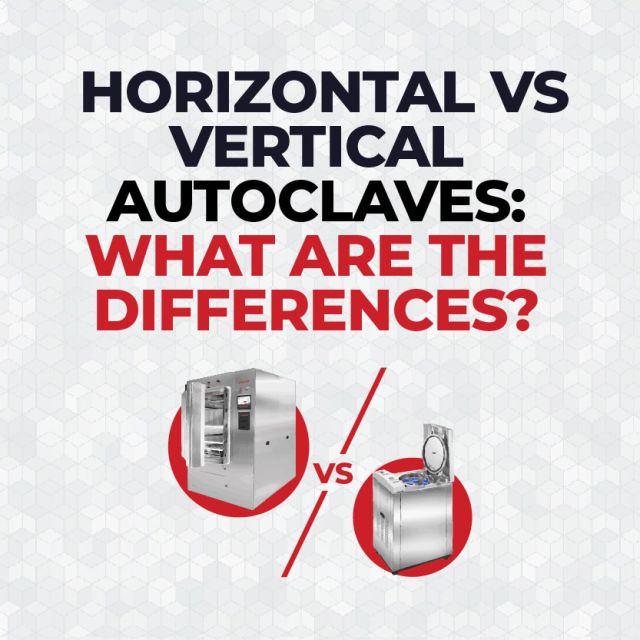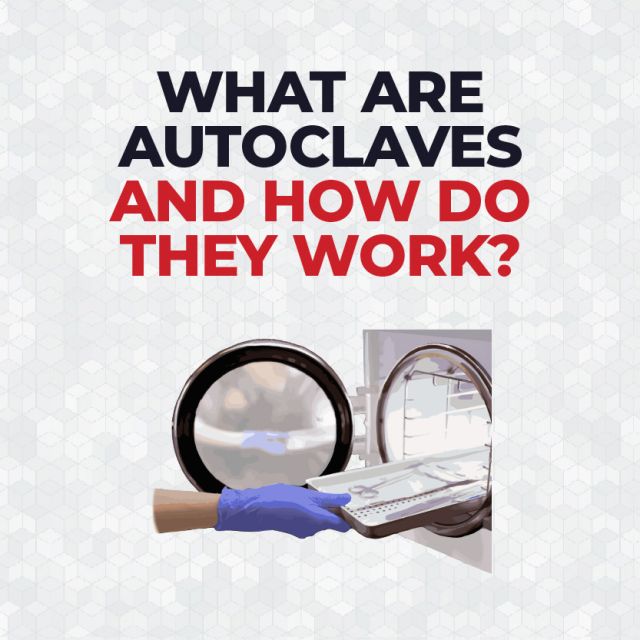How to Load and Unload an Autoclave
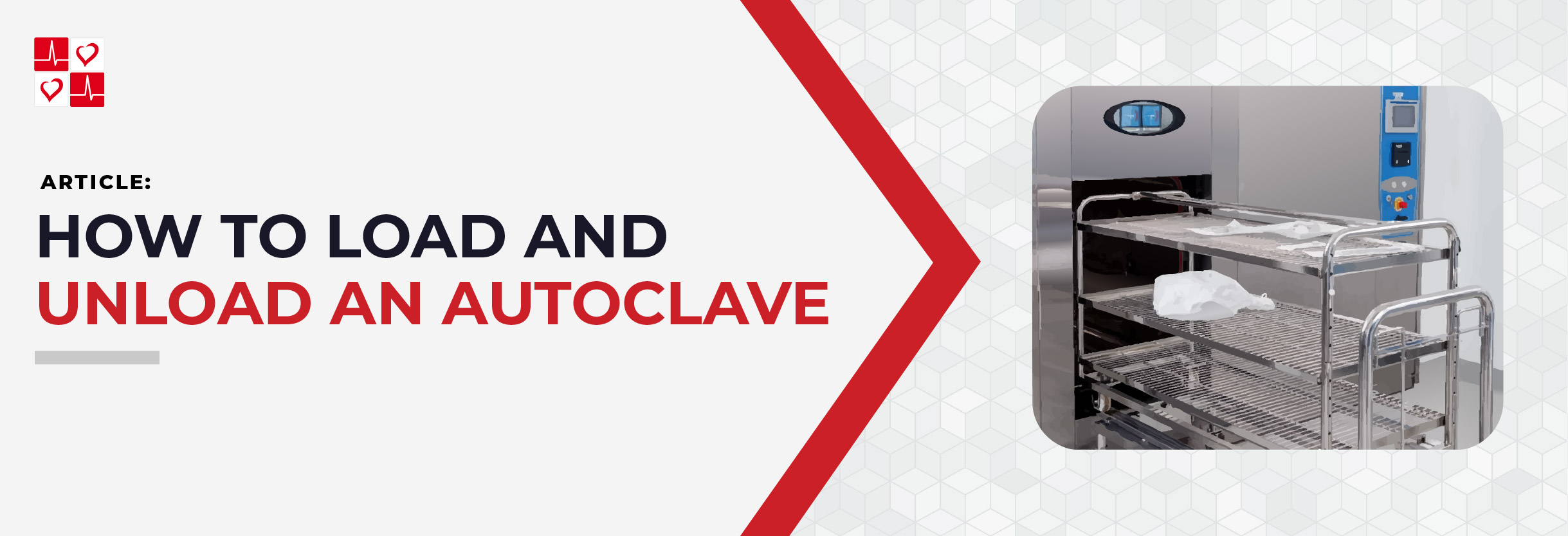
Introduction
Loading an autoclave properly ensures effective sterilization and maintaining the longevity of the equipment. The way items are arranged inside the chamber directly impacts steam circulation, heat penetration, and sterilization. For the best sterilization results, it’s important to follow the best loading and unloading practices for your autoclave. In this article, we’ll explore some key insights on how to load and unload an autoclave.
Loading an Autoclave
Properly loading an autoclave is essential to ensure effective sterilization and maintain equipment safety.
Select the Correct Cycle
Finally, ensure the correct cycle is selected based on the type of materials being sterilized. Different loads for sterilization require specific temperature, pressure, and exposure times. For example, liquids need a slower cooling phase to prevent boiling over, while instruments require a dry cycle to avoid moisture retention.
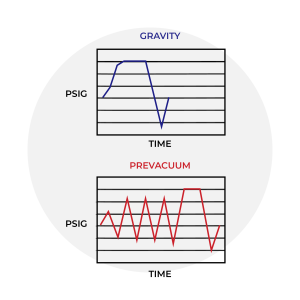
Use a Cart
Using a cart to load items into an autoclave is important for both safety and efficiency. Use a cart to transfer items safely, and gently slide the load into the chamber to avoid damage.
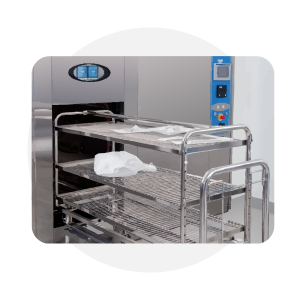
Arrange and Space Items
Adequate spacing between objects allow steam circulation so that all items are exposed the correct temperature and pressure for sterilization. Overcrowding can also increase the risk of glassware spills and breaks. By organizing and spacing items correctly, the autoclave can sterilize loads thoroughly.
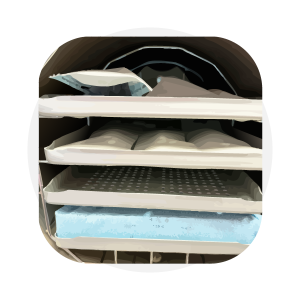
Unloading an Autoclave
Properly unloading an autoclave is just as important as the loading process to ensure safety and maintain the sterility of items.
Check the Pressure Gauge
Before opening the autoclave door, check the pressure gauge to ensure that the chamber pressure is at zero. If pressure is above 0, opening the door may cause steam burn. Additionally, depressurization must be gradual to prevent boiling over of liquids.
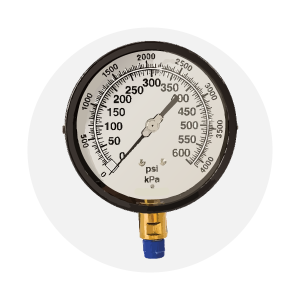
Wear Heat Protection
Wearing heat protection when unloading an autoclave is essential to prevent burns and injuries from exposure to high temperatures, hot surfaces, and steam. Always wear eye protection, heat-resistant gloves, and closed-toed shoes to protect against burns. You can also wear rubber aprons and sleeve protectors for safety.

Let Items Cool Down
Slide a cart to the autoclave opening and carefully pull the secondary container onto the cart to allow items to cool properly. Wait the appropriate cool-down times before handling items. You should wait at least 15 minutes for glassware and one hour for liquids.

Autoclave Loading Checklist
Do's
- Items are autoclave-safe
- Space items for steam circulation
- Put heavier items towards the bottom of the autoclave
- Put lighter items towards the top of the autoclave
- Make sure the correct cycle is selected
- Ensure drain strainer is clean
Don'ts
- Don’t overload the autoclave
- Don’t put objects that aren’t autoclave safe
- Don’t place items near the walls or door
- Don’t place objects on the bottom of the autoclave
- Don’t open the autoclave while the chamber is pressurized
- Don’t mix loads of liquids and solids
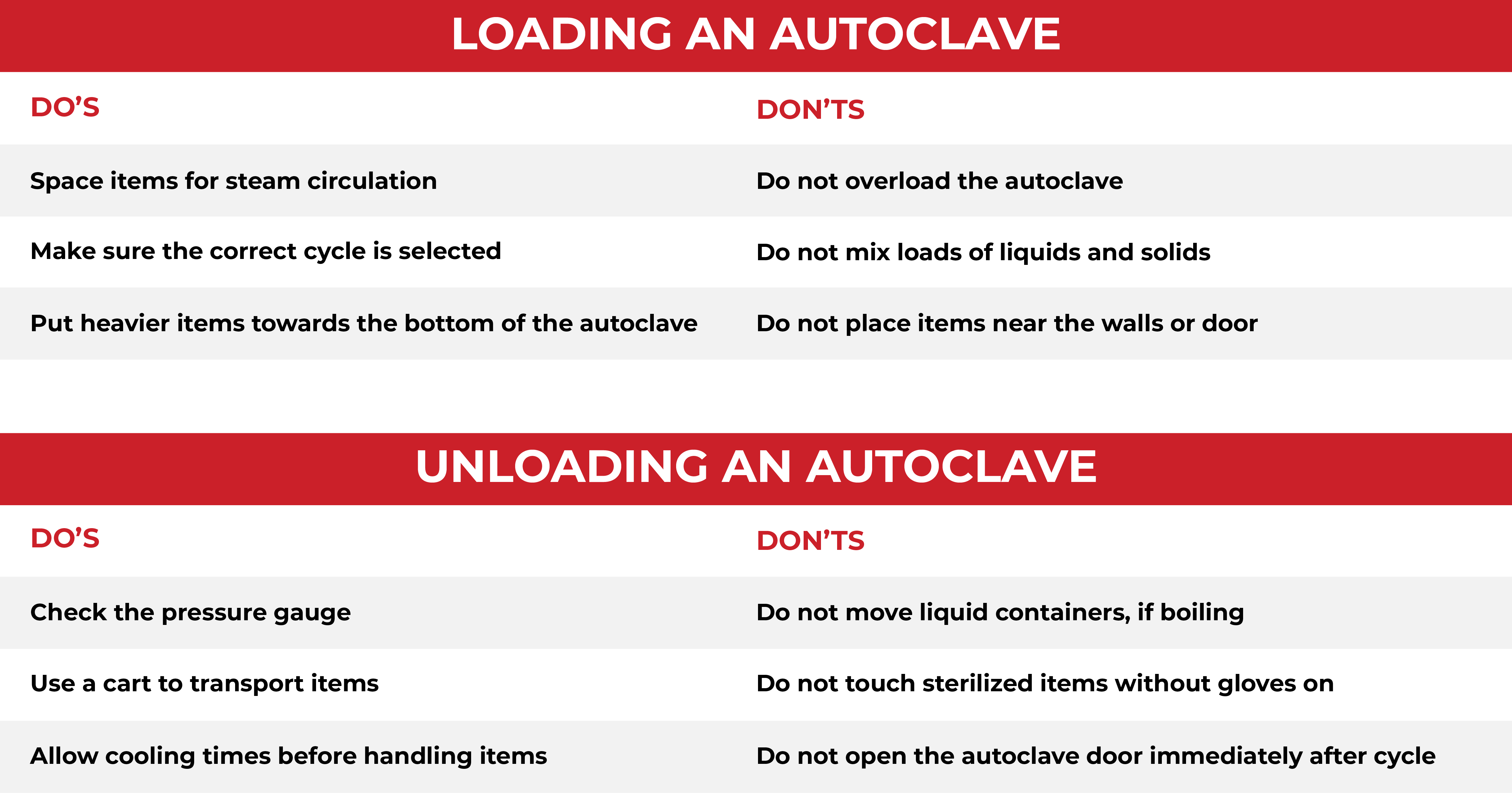
Closing
By following key steps and avoiding common mistakes for loading and unloading an autoclave, you create a safer and more efficient sterilization process. For our full catalog of autoclaves, click here.


